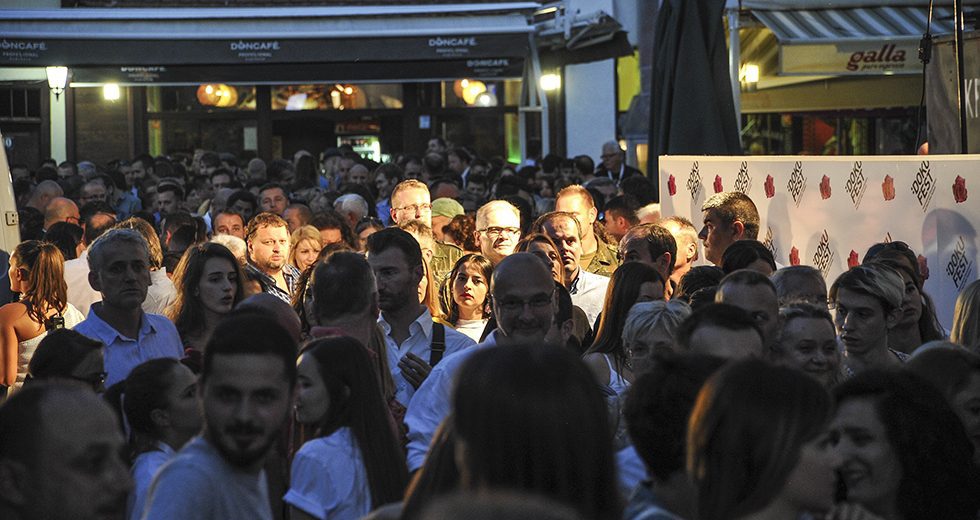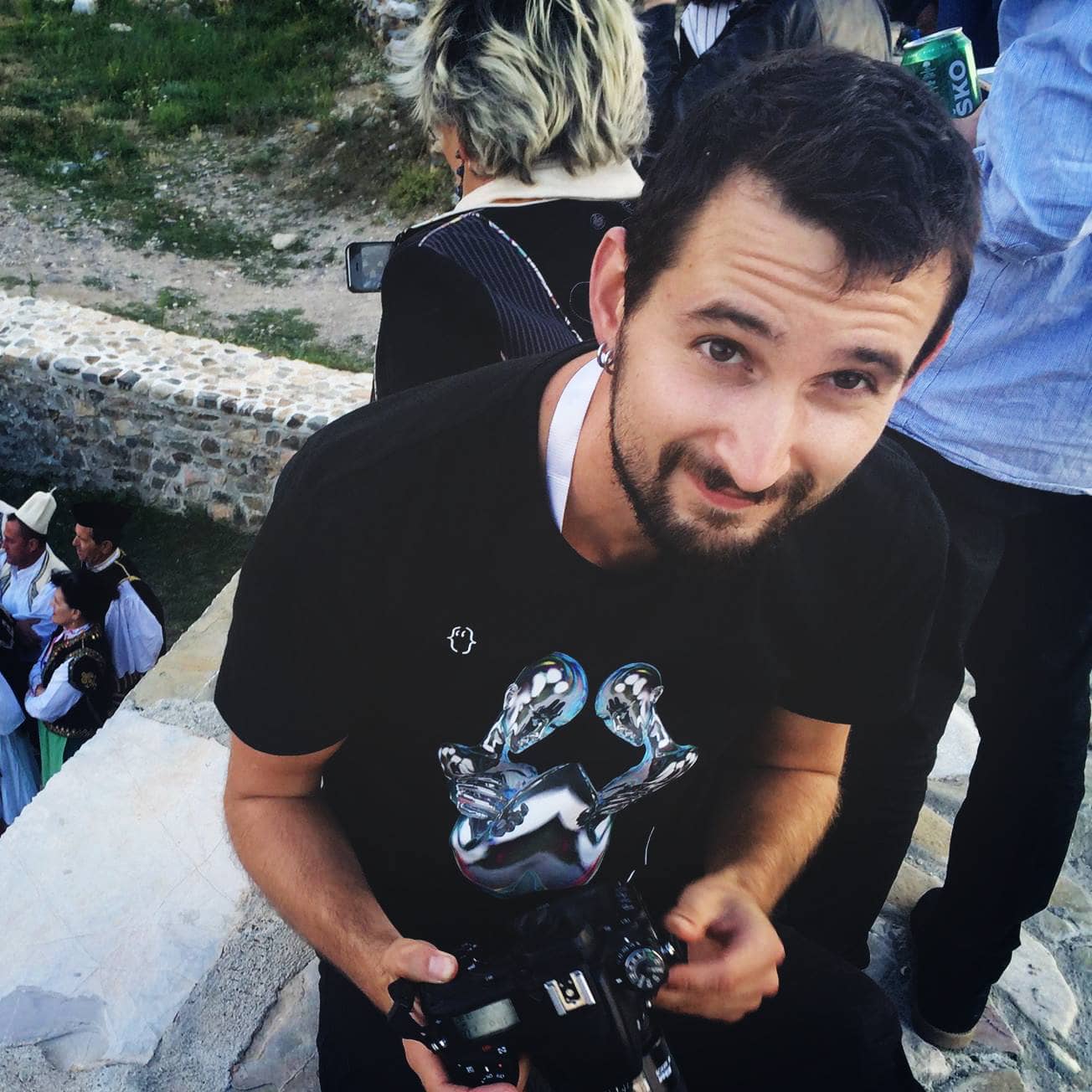
DokuFest 2016 — an everyday act of rebellion
International film festival closes doors for another year.
|14.08.2016
|

Jonny Wrate
Jonny Wrate is a writer and documentary researcher based in Sarajevo.
This story was originally written in English.
KOSOVO2.0
Loading...

